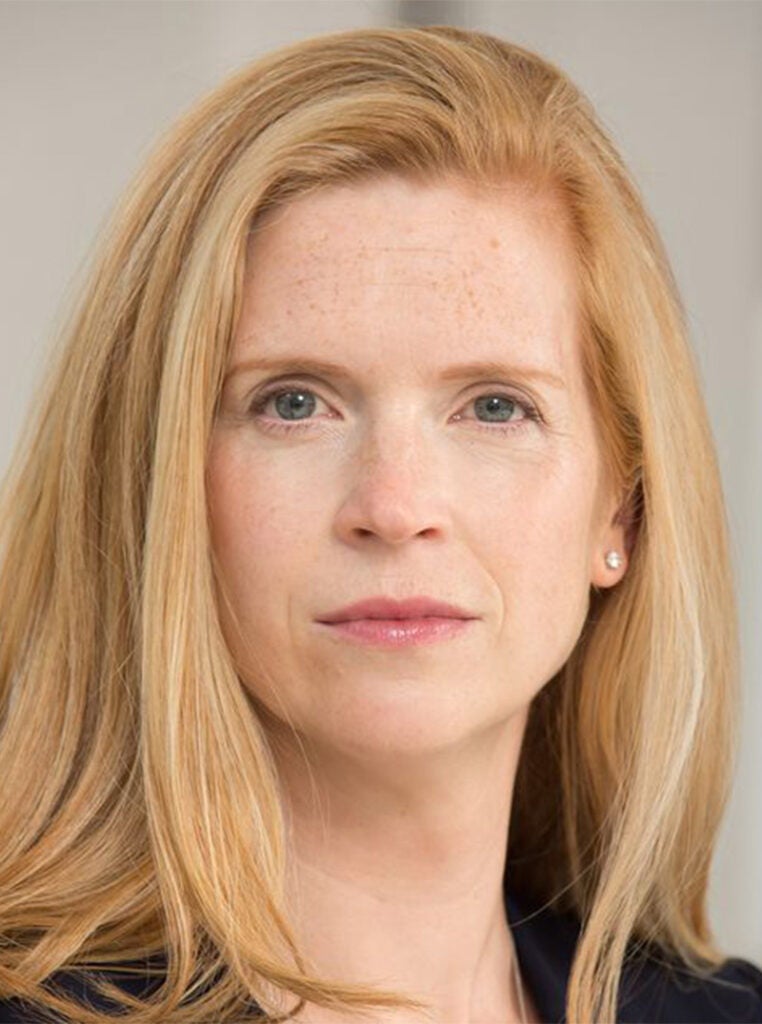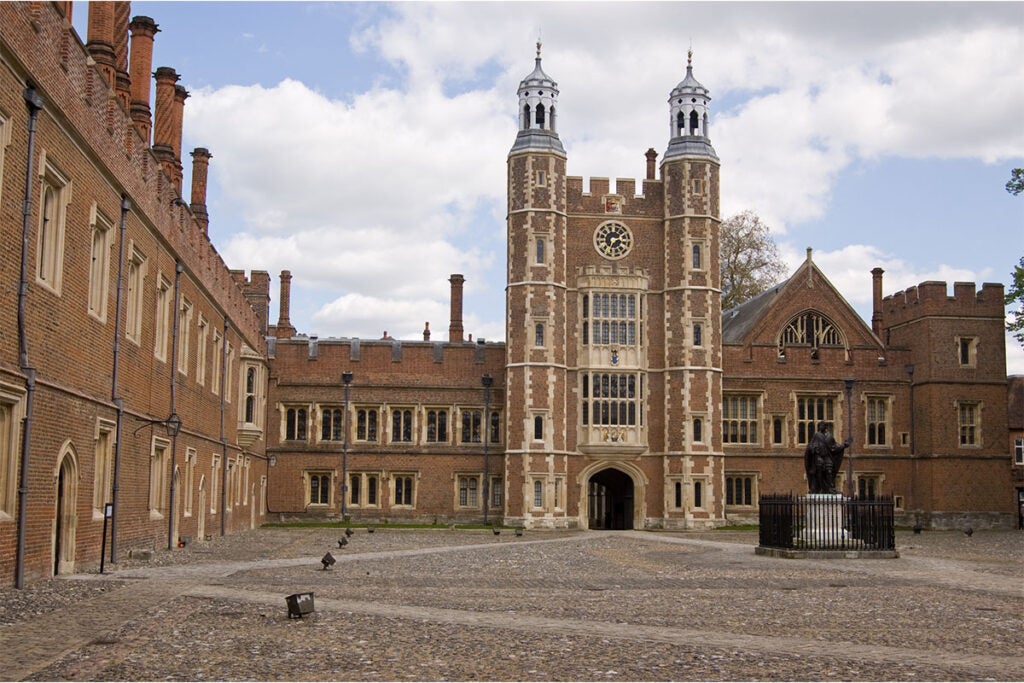
Labour’s pledge to levy VAT on private school fees could pose particular problems for divorced or separated parents, according to leading family lawyers.
When and how school fees are to be paid are often carefully negotiated as part of a financial agreement. If Labour wins the general election on 4 July, fees could rise by 20 per cent, leading to a significant increase in the costs originally agreed.
[See also: Non-doms, IHT and VAT on school fees: What’s at stake under Labour?]
‘[Couples may ask themselves] if it is worth incurring the potential costs of trying to renegotiate that aspect of their agreement,’ explains Claire Gordon, a Spear’s Top Flight family lawyer and partner at Farrer & Co.

‘They may be able to agree a change, but where finances are carefully balanced this could well lead to further unwanted litigation for some families. Whilst the couple will no doubt have appreciated that private school fees tend to increase year on year, most will not have foreseen or provided for a jump of this nature. Over the course of a child’s education the sums involved can be considerable.
‘Even for high-net-worth parents who may be able to weather the increase in financial terms, where they have several children of school age it may still raise cash flow issues requiring some financial juggling and they could also be impacted by potential school closures – which would require a whole new raft of potentially contentious decisions to be made.’
[See also: Private school VAT levy would impact three-quarters of wealthy families]
Sarah Jane Boon, a Spear’s recommended adviser and partner in Charles Russell Speechlys‘ family law team, noted there is already concern among clients.
‘Clients who are subject to school fees orders are worried about how quickly they will be able to get out those, if school fees become unaffordable as a result of VAT being added,’ she tells Spear’s. ‘On the other side, those clients who have an ex-partner or spouse paying school fees are concerned about the paying party saying the school fees are no longer affordable and a scenario then arising where it is difficult to find a good state school alternative that is the right fit for the child (and which both parents agree on).
‘They are often particularly anxious if the child may have to move in the middle of a school year and, more so, if that is an important year in terms of exams. Where clients are currently settling matters, and orders are being drawn up, the party who will be paying school fees is often keen for the order to say that their obligation is limited to the pre-VAT position, or to be reconsidered if VAT is added to school fees. The other party is often unwilling to agree to such wording, as they want to try to have certainty about the child’s schooling.’

Trevona Hettiarachchi, a senior associate in the divorce and family team at Stewarts, adds the shift will likely lead to a rise in disputes. ‘[This could range from] simply a question of which school to send a child to, to a wider debate about the affordability of private school fees at all. This will likely increase litigation in private children law proceedings, and we may see increased debates as a consequence of children being forced to leave the private education sector, but also increase the remit of debate in financial proceedings consequent to a divorce.’
[See also: Private school enrolments fall amid Labour VAT concerns]
Sir Keir Starmer hopes to raise about £1.6 billion a year by removing the VAT exemption for private schools – something parents have enjoyed since 1973 – if Labour wins the general election. Speaking on Monday, the Labour leader stood by his campaign pledge and said the tax break ‘has to go’.
‘I completely understand that many parents work hard and save hard to be able to send their children to private schools,’ he said. ‘I know that, I respect that and I understand that. But there are difficult choices to be made.’
Some parents are already taking action in the hope of mitigating the effects of a Labour private school fee price hike. One of the most talked-about practices has been an attempt to pre-pay fees at current rates, however, there are still potential major pitfalls. Boon notes: ‘Most schools are warning parents that VAT may still be payable at a later date, even on pre-paid fees.’
[See also: ‘Super donors’ cross political aisle to support Labour party]
Other parents are making arrangements now to arbitrate any decision that needs to be made about their children’s schooling, as this gives greater flexibility and less delay than a court hearing.
Gordon urges parents to maintain an open line of communication with their child’s school over the coming weeks and months, saying: ‘It will be important for divorced couples to ensure they are each communicating with the school so they know what the increase in fees may be and what steps, if any, the school anticipate being able to take to mitigate the cost.
She added: ‘For those who already have a financial settlement it is worth getting advice before the new rules come in looking at the family’s finances in the round to see what options may be open to them. For those in the throes of negotiations it is clearly a potential additional cost that needs to be factored in now as part of the discussions.’






